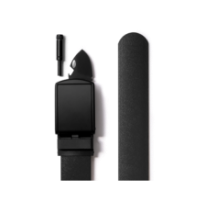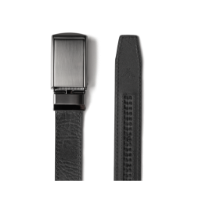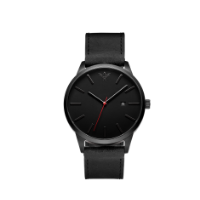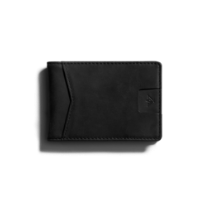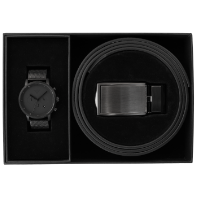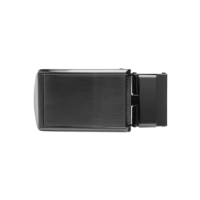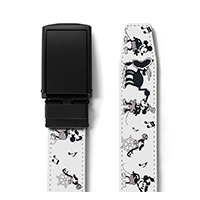THE LOOP
The Season is upon us!
For some reason or other, I just can't think about Christmas until after Thanksgiving. It seems like each year the decorations show up in the stores earlier and earlier. As if that poor turkey didn't have enough problems in this world, now he has to compete with ole jolly St. Nick!
However, as is our tradition, the family tree went up on Sunday and the Christmas music is playing in our house and I'm ready. Apparently so is everyone else, as we are having a record sales season so far and it isn't even December yet! So buckle up, everyone, and get ready, as it looks like we've got a busy few weeks ahead. As a team, we will definitely get through it!
Best Places To Work
Welcome back, team! I hope you all had an awesome Thanksgiving and successfully maneuvered potholes like who you're dating and politics while at the dinner table.
As I'm sure you've seen if you've been in the kitchen in the past few weeks, we finally go our official ranking for Outside Magazine's list of 100 Best Places To Work. We came in at #29, ahead of some awesome companies that set the standard for great company culture, like New Belgium Brewing and CamelBak.
This is an especially cool honor for me to be a part of because I've used these annual lists when I've been job searching many times in the past. These were always the companies that I read about and thought how cool it would be to work for, and now we're one of them!
In the spirit of Thanksgiving, I just wanted to reiterate how thankful I am to be a part of a team and a company culture that we already knew was awesome internally, but also one that's now being recognized nationally. For those of you just out of college (or even still in college), this isn't something you find everywhere. Or even just anywhere. It's special and it's unique and it's very rare. And it's all of those things because each of us have committed to ensuring it remains each of those things. It takes an entire team to maintain great team chemistry and an incredible company culture.
So cheers to all of you! *beer cheers emoji*
Happy Thanksgiving
Thanksgiving is one of my favorite holidays. My Grandpa always used to say it was his favorite holiday because it was so focused on family. Like many things, we can choose to find fault or controversy in certain aspects or origins, but for me, I agree with my Grandpa. One of our traditions is that we always start off the dinner sitting around the table holding hands and each person says something that they are thankful for. Over the years, the table has been filled with immediate family, extended family and friends, but I came to discover that we were all family. Some were linked to me by blood and some by shared life experiences, but I looked at all of them as my family.
To my Slidebelts family, I hope you have a great few days off and a wonderful Thanksgiving!
